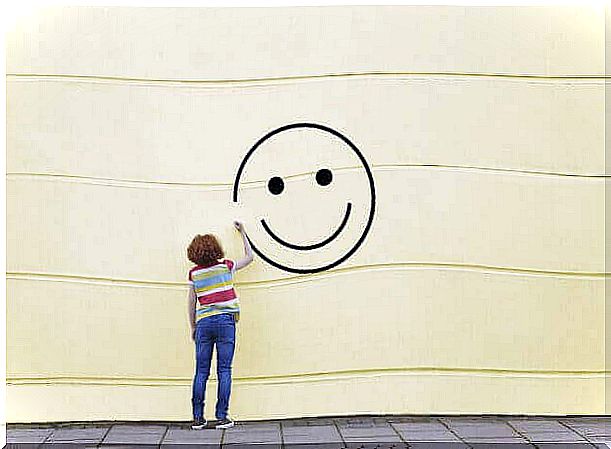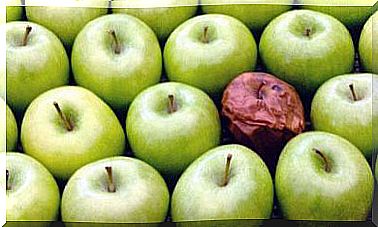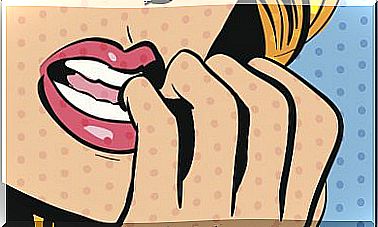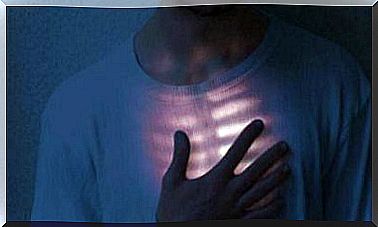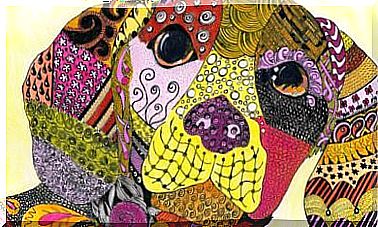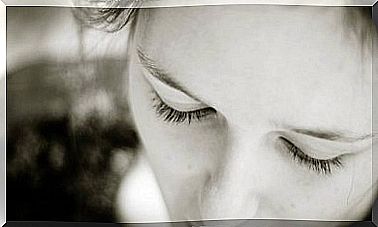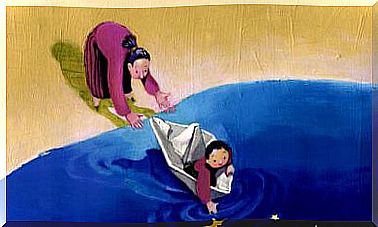Pleasure And Meaning: The Ingredients Of Happiness

Performing activities that give us pleasure and have meaning (or represent a goal) can make us happier. In fact, meaning and pleasure have become two essential ingredients of happiness.
But first of all, we must answer an important question: what is happiness? Feeling happy depends a lot on what we do and think. We cannot be happy if we do not feel pleasure in what we are doing. What if we only think negatively.
What is happiness ?
When you’re happy, life is good. But what is happiness? Defining it is important because how we view it affects what we can do to improve it. Professor Paul Dolan believes he has the answer to this question.
Paul Dolan is internationally known as an expert on happiness, behavior and public policy. He is a professor of behavioral science at the London School of Economics and Political Science and was a researcher in Professor Daniel Kahneman’s team at Princeton University.

According to this author, happiness is the set of experiences of pleasure and meaning over time. Life is good when you feel happy. For the philosopher Jeremy Bentham, pleasure is the only thing that is good. Pain, on the contrary, is the only thing that is bad. However, some scholars prefer terms like “enjoyment” and “suffering”.
In general terms, each of us can be classified according to the preponderance of different classes of sensations. Happy people have more positive feelings than negative feelings. Using Bentham’s language, in general, they experience pleasure and little pain.
Thus, the more frequent and intense your sensations of pleasure, the happier you will be. However, there are other important sensations outside the categories of pleasure and pain: sense and lack of sense.
The principle of pleasure and meaning
We can understand pleasure and meaning as abbreviations for a wide range of positive and negative sensations. These sensations would be: fullness, meaning and usefulness on the one hand and boredom and futility on the other.
If we think about work or school, we will find that these activities sometimes feel like they have a lot of meaning. Other times, the reverse is true. These sensations, good as well as bad, are as important as those of pleasure and pain.
Writing a book is a wonderful example of something that has meaning, that represents a goal. Drinking a beer with our friends conveys a feeling of pleasure. These are different sensations but both are sources of happiness for us.
To be truly happy, therefore, you have to feel pleasure and meaning. There are different combinations. And you have to feel them at the same time. This is what Paul Dolan calls the pleasure and meaning principle.
Negative emotions can be positive
This principle explains the human motivation to seek pleasure and meaning / an end to avoid pain and meaninglessness. It also helps explain why certain generally negative emotions can sometimes be positive if they have a purpose.
The purpose of anger, for example, is to curb selfishness and stimulate cooperative behavior. Therefore, we don’t always want to have good feelings. Life can be cruel, just like people, so sometimes we will need to get angry. But we also get angry naturally, with no real purpose. For example, when we are stressed by small annoyances.

Lost happiness cannot be recovered
Day after day, moment after moment, you can have feelings of pleasure, meaning, pain, and lack of meaning. You are happier when you have more positive feelings and when you feel them for longer.
Therefore, happiness is related to the principle of pleasure and meaning over time. Time is a scarce resource, it must be kept in mind. Oddly enough, few researchers consider happiness as a function of the use of time.
In the long run, we must try to use the hours and minutes to experience general pleasure and sense for as long as possible. Just as we cannot make up for lost time, neither can we make up for happiness.
Keeping a job we don’t like or maintaining a complicated relationship simply prolongs the unhappiness. Future happiness will not fully compensate for this loss. Lost happiness is lost forever.
If you want to be happier, then you will have to do activities that give you pleasure and meaning in life. But remember: these activities must be extended over time. Only in this way will you be able to maximize your happiness.
